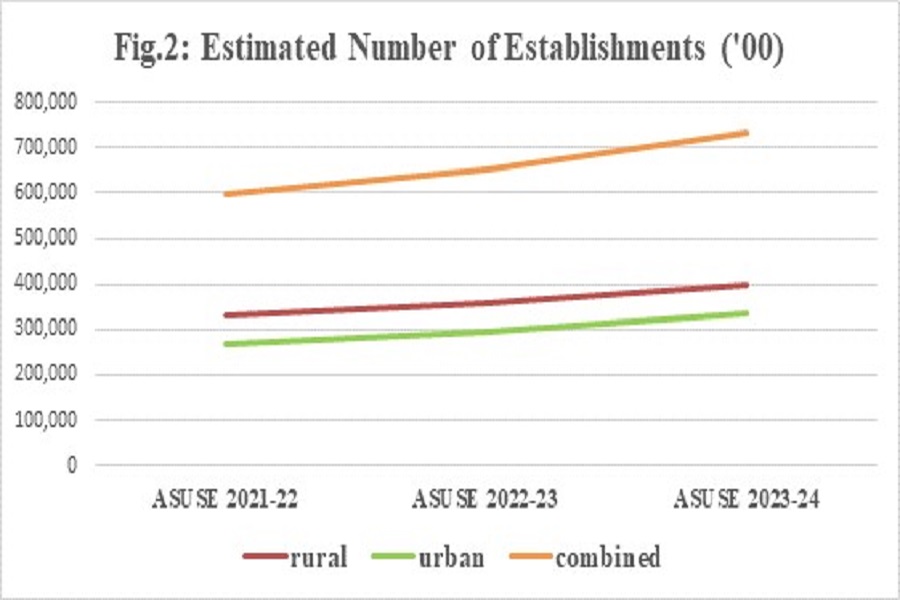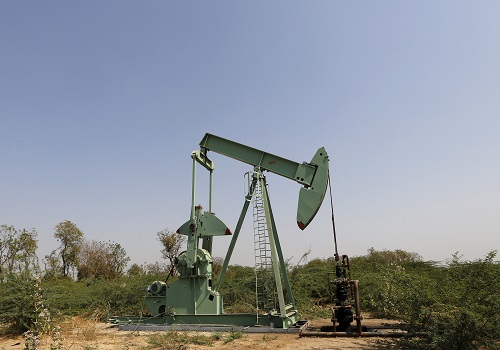Global Crude Oil - World Energy Outlook by Ventura Securities

Follow us Now on Telegram ! Get daily 10 - 12 important updates on Business, Finance and Investment. Join our Telegram Channel
Global Crude Oil - World Energy Outlook
A weak global oil demand outlook is weighing on the prices of crude oil. Predominantly due to economic slowdown worries in both China and the US mainly on account of weakening industrial production and manufacturing growth. There is the looming supply glut and long-term demographic shifts across the globe.
As per U.S. Energy Information Administration (EIA):
- World oil demand will be around 104.30 million bpd next year.
- Year 2024 demand numbers are expected to be 103.10 million bpd.
There are varied forecasts and revisions from differnt agencies and OPEC. World Demand Composition (As per OPEC report Oct’24):
- OECD Nations (US, Europe & Others): 44%
- NON-OECD Nations (China, India, Middle East & Others): 56%


DOC stands for crude from countries participating in the "Declaration of Cooperation"
On 6th September 2024 the OPEC+ group (Saudi Arabia, Russia, Iraq, the UAE, Kuwait, Kazakhstan, Algeria and Oman) agreed on voluntary output cuts from December over 12 months.
But in the long-term, although there could be supply adjustments to meet the global oil demand, the appetite for additional volumes is mainly driven by the price stability.
Supply or the output decisions may reign, basis price, besides demand. Also, price direction is dependent on the estimates of the pace of the transition to alternative energy sources.
The silver lining to the above bearish demand forecast:
- The Chinese government’s monetary stimulus measures which could result in higher petroleum consumption in 2025.
- If the global market witnesses the low oil inventory levels and the continued geo-political conflicts, then there could be a crude oil premium with the possible oil supply disruptions.
- Monetary policy moves (interest rate cuts) could also spark some cautious optimism about economic growth and increase in energy demand.
- Similarly, refinery capacity additions in non-OECD countries – mostly in China and the Middle East – are also expected to contribute to oil demand growth
These in turn could lead to a significant uncertainty and volatility in oil markets. However, a report from the World Bank mentions that the oil surplus would be large enough to limit the price effects of an even wider conflict in the Middle East.
WTI Crude Oil Price support and resistances

Above views are of the author and not of the website kindly read disclaimer










More News

Buy Dhaniya Dec @ 7800 SL 7700 TGT 7900-8000. NCDEX - Kedia Advisory





 320-x-100_uti_gold.jpg" alt="Advertisement">
320-x-100_uti_gold.jpg" alt="Advertisement">








